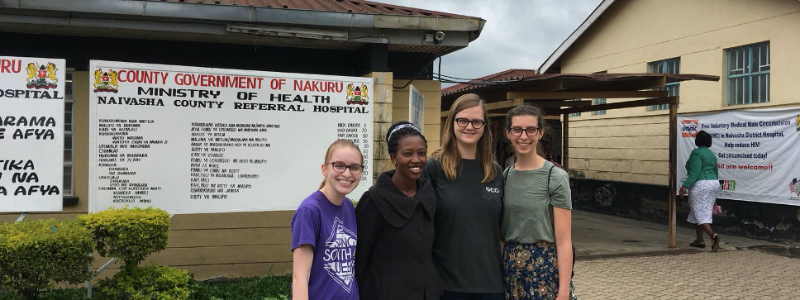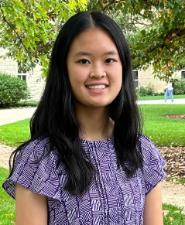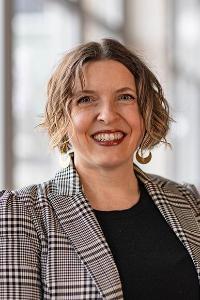Year 1
In the fall semester, fellows take the introductory seminar AQTS 141 What is Good Health? (2 credits). This course will examine understandings of health, wholeness, and the concept of "shalom." Key topics include Imago Dei and the goodness of our created bodies; Christian responses to illness and suffering; the role of personal, community, and structural factors in determining health; and the integration of physical, mental, emotional, social, and spiritual health.
Fellows continue their study of public health in PHP 311 Introduction to Public Health (4 credits). This course is centered on case studies of contemporary public health issues in the U.S. and globally and teaches students to critically analyze health issues from a public health and interdisciplinary perspective. Emphasis is given to social, cultural, and structural determinants of health, to health promotion and disease prevention interventions, and to the relationship of public health to God's promise of shalom.
In the summer after Year 1, fellows complete a Field Experience (AQTS 441, 0 credits). Through spending 6-8 weeks living in a cross-cultural environment (internationally or in the U.S.), fellows cultivate cross-cultural awareness and global perspective and apply concepts learned in coursework to real-world health issues. Most students complete the Field Experiences through a Student Missionary Partners (SMP) summer trip through the Office of Ministry and Evangelism, with other Field Experiences approved on a case-by-case basis. In addition to participating in service, fellows carry out a small research project investigating some aspect of health. Fellows will receive partial financial support for this requirement.
Year 2
Fellows take PHP 381 Concepts in Epidemiology (4 credits), which introduces introductory principles and conceptual tools of epidemiology. Students are equipped to use these tools to analyze contemporary public health issues in the United States and the world, including through reading original research in the public health literature.
The certificate requires 12 credits of electives (chosen from this list, with other courses approved on a case-by-case basis), which can be taken in any year, but should be started no later than Year 2.
Year 3
Fellows continue elective courses, and may also engage in semester away and internship opportunities, such as the Human Needs and Global Resources program, Uganda Studies Program, Living and Learning East Coast, Wheaton in Chicago, or other study abroad opportunities, most of which can contribute towards elective requirements.
In addition, fellows will be encouraged to participate in a mentoring program for the first-year cohort. This program foster student leadership, inter-cohort relationships, and student participation in developing the theme.
Year 4
Fellows conclude required coursework and take a fall semester capstone course, PHP 492 Public Health Senior Seminar (2 credits). This course addresses faith integration and ethical issues in public health and will also include work on a capstone project. In this project, students will work individually or as a cohort in synthesizing their multidisciplinary learning and addressing a public health issue. Fellows wishing to continue work on this capstone project across a second semester may also enroll in PHP 495 Independent Study in the spring.
Fellows who plan to graduate early should communicate as early as possible with the Theme Coordinator about the timeline for their Senior Seminar and capstone project.
Year 1
- AQTS 141 What is Good Health? (2 credits)
- PHP 311 Introduction to Public Health (4 credits)
- AQTS 441 Field Experience (0 credits)
Year 2
- PHP 381 Concepts of Epidemiology (4 credits)
- Electives may be taken in any year, but should be started no later than Year 2 (12 credits total)
Year 3
- Optional semester abroad programs (may count as elective credit)
Year 4
- PHP 492 Senior Seminar (2 credits), combined with capstone project
Total credits: 24

 “Being an Aequitas Fellow allows me to explore a specific topic I am interested in–global healthcare–with others who share that interest. The small group dynamic of the cohort creates an engaging community of students which fosters deep discussion of nuanced health. From the beginning, Aequitas Global Public Health has taught me the importance of holistic healthcare and has made me reconsider what good health truly means.”
“Being an Aequitas Fellow allows me to explore a specific topic I am interested in–global healthcare–with others who share that interest. The small group dynamic of the cohort creates an engaging community of students which fosters deep discussion of nuanced health. From the beginning, Aequitas Global Public Health has taught me the importance of holistic healthcare and has made me reconsider what good health truly means.”